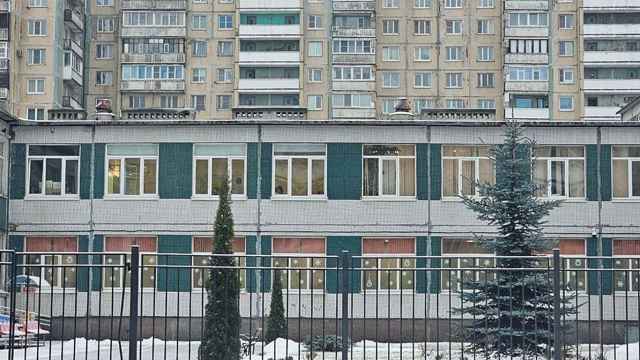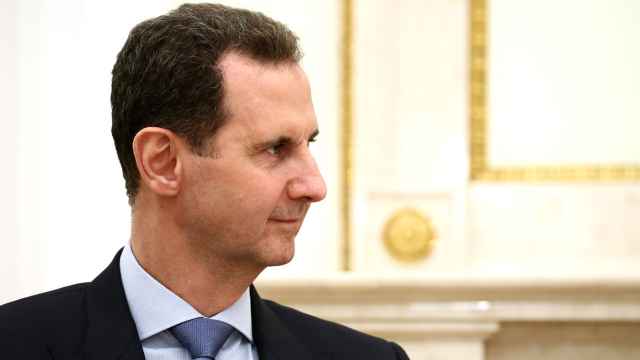The Education and Science Ministry has proposed a new system for assessing the work of scientific organizations that establishes special criteria for evaluating work in specific fields.
In a document published on the site regulation.gov.ru, the ministry proposed dropping the current system, which uses a standard evaluation for all scientific institutions. With the new approach different scientific organizations will be divided into several "reference groups" and evaluated based on separate criteria, Kommersant reported.
The ministry also proposed conducting the evaluations every year, as opposed to every five years under the current system.
Every five years, however, scientific and research institutions will be evaluated by an intercollegiate panel and placed into one of the three categories — "leader", "stable" or "lacking a scientific profile and development prospects."
The organizations placed in the category, designed for organizations that "don't demonstrate significant scientific results," may be reorganized, shut down or placed under new management.
According to a January efficiency study conducted by the Russian Academy of Science, only one out of 370 institutions, the Vladikavkaz Center for Scythian and Alanic Studies, was found inefficient. Twelve were placed in a middle category and the rest were given high ratings.
A study of higher education institutions conducted by the Education and Science Ministry in 2012 said 136 of 502 Russian colleges and universities were inefficient.
Yevgeny Oshchenko, a representative from the Society of Science Workers, says that there are efficient and inefficient research groups in each institution and fears that good groups could be shut down if they are at a bad organizations. "When they evaluate an institute as a whole it's like taking the average temperature at a hospital," he said.
A Message from The Moscow Times:
Dear readers,
We are facing unprecedented challenges. Russia's Prosecutor General's Office has designated The Moscow Times as an "undesirable" organization, criminalizing our work and putting our staff at risk of prosecution. This follows our earlier unjust labeling as a "foreign agent."
These actions are direct attempts to silence independent journalism in Russia. The authorities claim our work "discredits the decisions of the Russian leadership." We see things differently: we strive to provide accurate, unbiased reporting on Russia.
We, the journalists of The Moscow Times, refuse to be silenced. But to continue our work, we need your help.
Your support, no matter how small, makes a world of difference. If you can, please support us monthly starting from just $2. It's quick to set up, and every contribution makes a significant impact.
By supporting The Moscow Times, you're defending open, independent journalism in the face of repression. Thank you for standing with us.
Remind me later.





